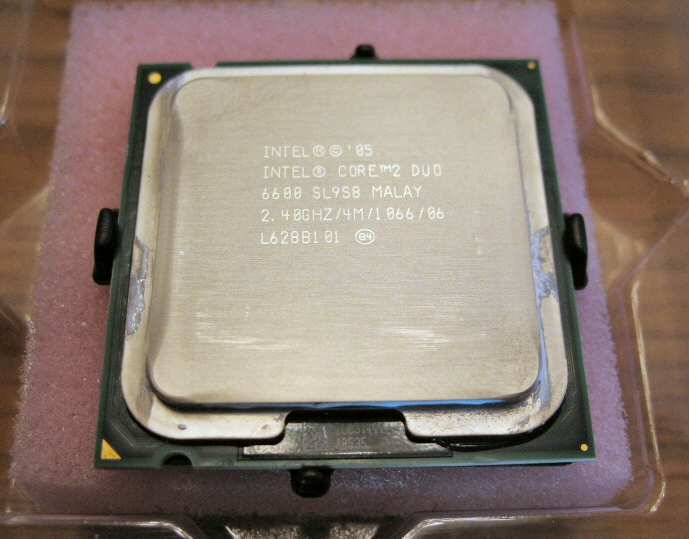
open source
Why Can’t Microsoft Ship Open Source Software?
In Codeplex wastes six months reinventing wheels, Ryan Davis has a bone to pick with Microsoft: I saw an announcement [in March, 2007] that CodePlex, Microsoft’s version of Sourceforge, has released a source control client. This infuriates me. This cool thing they spent six months (six!) writing is called











